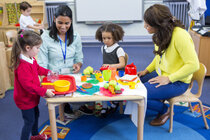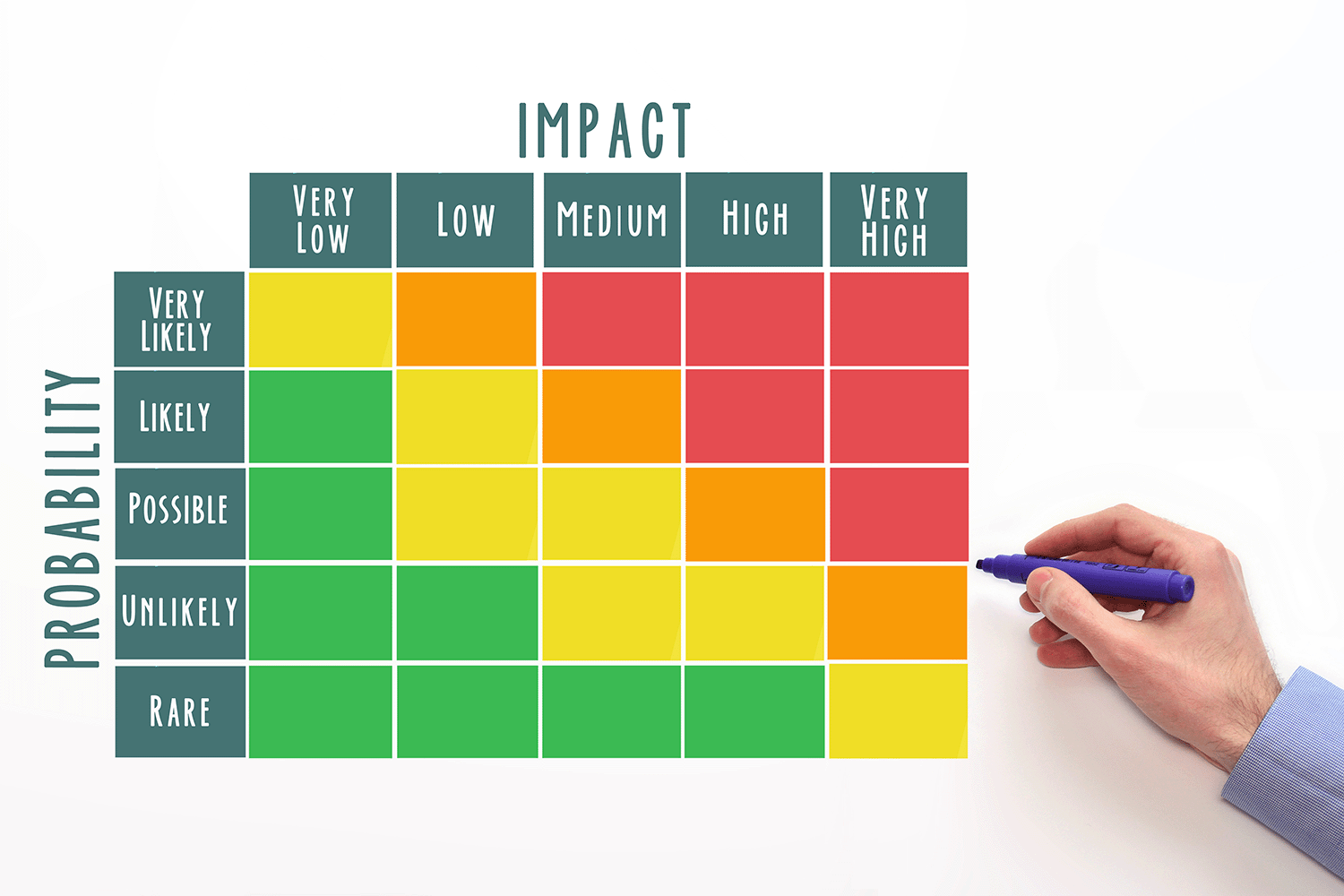Early Years Development Zone
Online Course Bundle
Courses tagged with "Online Course Bundle"
Number of topics: 11
Number of topics: 4
Understand the importance of physical activity in early years for children’s healthy development
Number of topics: 2
Number of topics: 4
Number of topics: 4
Vital for lifelong learning, embed the Characteristics of Effective Teaching and Learning in your setting.
Number of topics: 5
Essential information you need on when to carry out progress checks with two-year-olds and some of the tools available.
Number of topics: 4
Meet the Early Years Foundation Stage Framework standards by exploring theory and practice of how to effectively support birth to two-year-olds in their learning and development.
Number of topics: 4
Meet the Early Years Foundation Stage Framework standards by exploring theory and practice of how to effectively support two-year-olds in their learning and development.
Number of topics: 4
Meet the Early Years Foundation Stage Framework standards by exploring theory and practice of how to effectively support three to five-year-olds in their learning and development.
Number of topics: 8
Learn advanced strategies for baby room practitioners by providing the highest and most exemplary practice for birth to two-year-olds in your care.
Number of topics: 2
Provide the highest quality care and learning by providing exemplary practice for two-year-olds in your care.
Number of topics: 9
Number of topics: 4
Number of topics: 5
Number of topics: 6
Number of topics: 2
Number of topics: 1
Number of topics: 4
Provides skills and knowledge to increase emotional intelligence, build emotional resilience and how to improve and maintain a healthy mental well-being in and out of the workplace.
Number of topics: 5
Understand why it is critical to have robust policies and procedures for the recruitment process, to support the safeguarding and welfare of children in the nursery.
Number of topics: 9
Create exciting storytelling environments and experiences by engaging children in books, bringing stories to life and engaging parents in storytelling activities.
Number of topics: 7
Number of topics: 5
Number of topics: 4
Develop strategies for identifying and supporting children with communication difficulties, including children with English as an additional language (EAL) and non-verbal children.
Number of topics: 5
Number of topics: 5
Number of topics: 6





























